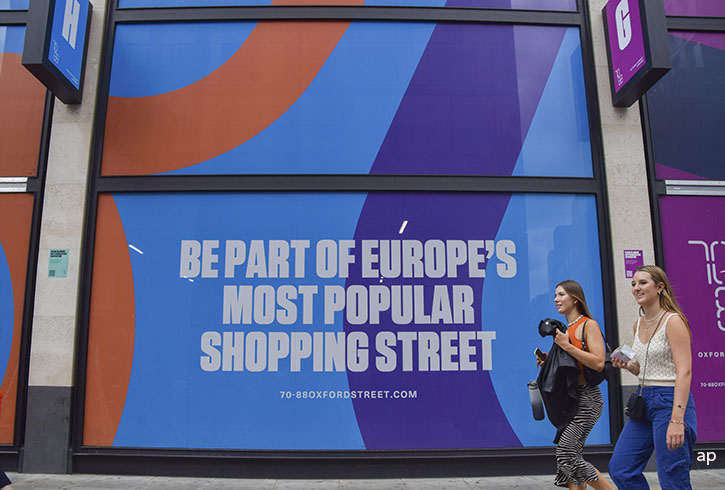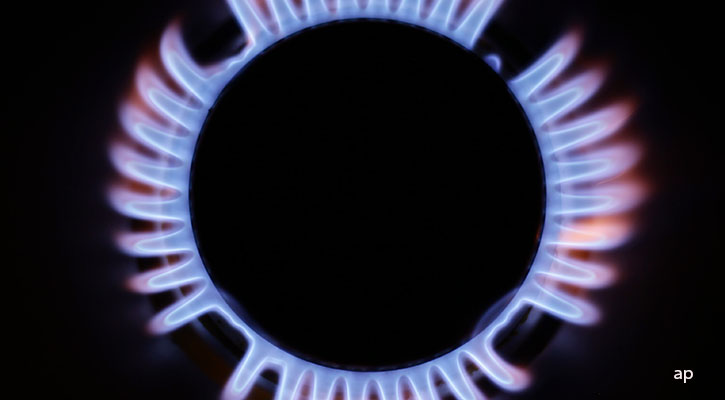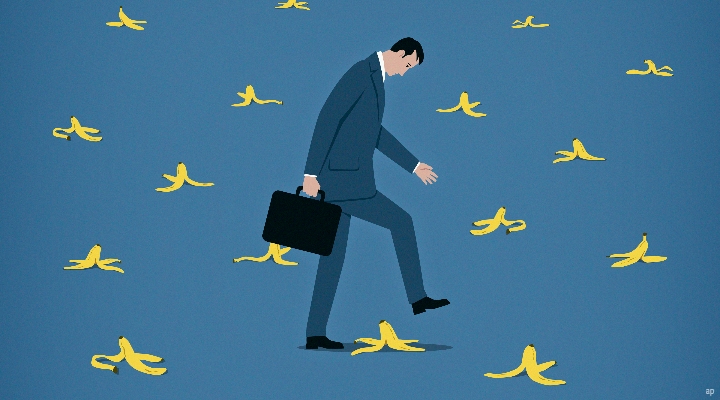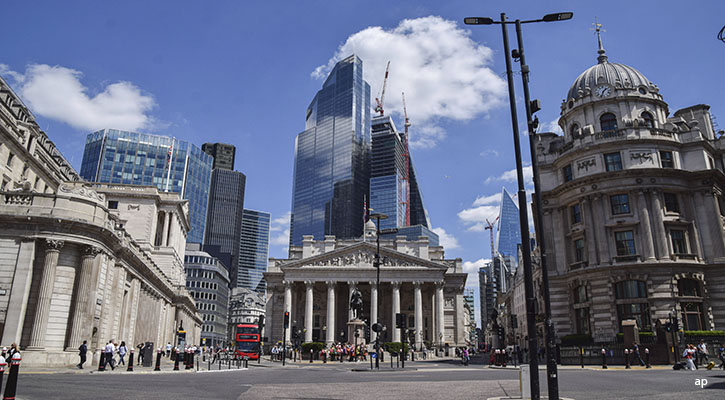
It’s been a busy week for UK economic stats and as usual it’s been a mixed bag. On Monday we got GDP figures, which showed that the UK economy expanded 0.2% month-on-month in July, this marked a recovery from June's 0.6% slide, but undershot market forecasts for 0.5% growth.
Annually, GDP rose 2.3% in July, accelerating from June's 1.9% rise.
"July UK GDP has come in slightly softer than expected at 0.2% month-on-month. However, the adjustment for the June bank holiday makes the figures a little difficult to read, and we think the Bank of England will take more notice of tomorrow's August jobs data for insight into how tight the UK labour market really is," said ING.
Inflation – Glimmer of Hope?
On Wednesday the ONS reported that the Consumer Prices Index dipped to 9.9% after a fall in petrol in petrol prices. As always with one month’s data, it’s too early to say that Team Transitory will have the final say – particularly as shoppers and economists have noted a steep increase in food price inflation. Food prices were more than 13% higher in August than a year ago, and this is particularly affecting "basic" food stuffs such as milk and eggs.
A dip below 10% is welcome but the UK still has one of the highest inflation rates in the developed world, and CPI is almost five times the Bank of England’s target.
Energy bills are feared the most by consumers and a long winter lies ahead. The government’s intervention last week to freeze energy bills, a move that could cost the country £100 billion plus, is expected to restrain inflation from electricity and gas bills. (The Office for National Statistics is currently calculating the likely effect of this move on inflation.) Some economists are already calling it – Capital Economics are expecting inflation to now peak at 11.3% in November.
Retail Sales Slumped
UK retail sales slumped in August amid cost-of-living pressures on consumers, figures from the Office for National Statistics showed on Friday.
Retail sales fell 1.6% month-on-month, far worse than the forecast 0.5% decline, according to FXStreet-cited consensus. This reversed a 0.4% rise in July.
The ONS said August's data continued "a downward trend since summer 2021 following the lifting of restrictions on hospitality; in recent months, rising prices and cost of living are also affecting sales volumes."
All main sectors – food, non-food, non-store retailing and food – fell over the month, something which has not happened since July 2021, when all Covid restrictions on hospitality were lifted.
Food store sales volumes fell by 0.8% in August and were 1.4% below pre-Covid levels. The ONS noted that retailers have flagged increased food prices.
Annually, UK retail sales slumped 5.4% in August, deepening July's 3.2% decline.
September’s retail sales figures will show the impact of the Queen’s death on official statistics, not least from the Bank Holiday on September 19. Whether we will see a change in consumer behaviour remains to be seen.
An economist would expect that the event will have subdued demand, apart for shops selling royal memorabilia and newspapers touting special commemorative editions. Will there be a boost to London shops and restaurants from tourists visiting the capital to pay their respects to the departed monarch? Certainly, visitors from the United States will have more money to spend – a year ago the pound was worth $1.38 and is now $1.14, the lowest level since the mid-1980s (a multi-decade low was reached in March 1985 of $1.07, a close shave with parity).
Coming Up - Budget and Bank of England
The week beginning September starts with a Bank Holiday but then it’s full steam ahead. The Bank of England will make its latest interest rate decision on Thursday, and is expected to raise interest rates by 50 basis points. Here’s a recap of what the Bank said in August as it hiked the base rate from 1.25% to 1.75% . Last month it forecast an inflation peak of 13% but that was before the government intervened on energy bills (for the record the ONS is calculating the impact of this on inflation).
And to top this all off, the government is planning an “emergency” Budget for Friday. Businesses and households are expecting the new chancellor Kwasi Kwarteng will deliver some measures to alleviate the cost-of-living crisis. “Growth at all costs” is the mantra of the new Truss regime as it starts in interventionist mode. The sense of national crisis was growing before the Queen’s death and while that seismic event pressed the pause button – but it’s going to be business as usual after the state funeral.





























